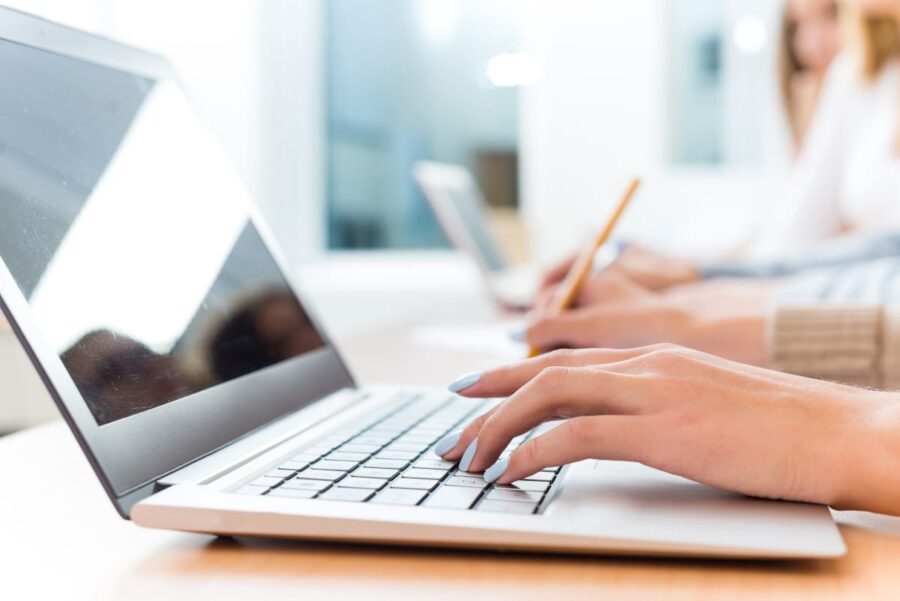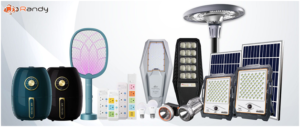
How To Speed Up Your PC?
If your computer has been in use for over a year, chances are that it’s slowing down in its core functions. This could be due to several factors. Some of these problems can be prevented or minimized while others are part and parcel of a computer’s natural life cycle.
You may see a slight improvement in your computer’s performance when it has been around for many years and has been the subject of heavy downloading and installation. This is the time to look for discounts on computers that will allow you to completely replace your unit.
There are a few things you can do to increase my computer’s speed.
Strategies For Faster Computing
Try these tactics to make your PC run faster:
Upgrade Your Computer:
You may need to add programs or features that reverse the effect of an existing feature, but you can update your operating system to run with fewer bugs. It ultimately results in a faster computer.
Make Sure You Shut Down And/Or Restart The Computer Frequently:
This can be very convenient as it doesn’t require you to go through the whole setup process each time you open your computer. It is important to shut your computer off completely so that temporary files can be deleted and the computer can start again.
Upgrading Your RAM:
A lot of your computer’s performance is dependent on RAM or random access memory. This allows your computer’s RAM to be used for multiple operations at once. It also stores information in temporary memory. The more RAM you have the more you can do simultaneously. A significant upgrade from 2 GB to 3 GB or 4 GB, or even 8 GB, could significantly increase the performance of nearly any computer.
Uninstall Incontinence Programs:
Installed software can also slow down your system. Look through all the programs you have installed and uninstall anything you haven’t used within the last six months. Most likely, you will find at least a few programs that aren’t in your memory.
Delete All Temporary Files:
Technical files used by your system for functions. These files can take up unnecessary space and slow down your computer. There are many ways to delete temporary Windows folders depending on your system, but they can all make your device work faster, particularly if you haven’t previously done this.
Get Rid Of Large Files That Aren’t Needed:
Computer speed also depends on how much storage you have. Look at the files on the local hard drive to find out what you can do with them. Images and videos take up significant space so delete them, move them to an external hard drive, or upload them onto a cloud storage platform.
Close Any Tabs:
Many users today have the bad habit to open new tabs constantly in their browser while never closing their old ones. Chrome will show you a dozen to more tabs that aren’t necessary. It may seem easy, or even convenient in some situations, but these tabs can be slowing down your other computer processes. After you’re finished with your online session, make sure to close all open tabs.
Turn Off Automatic Program Launch:
Some programs start automatically upon your computer’s startup. This feature was built to save you the effort of manually starting the program. However, if you have too many programs running when you open your computer it will take up all of your resources and make it impossible to accomplish anything. Turn off unnecessary programs at the startup.
These strategies may help increase the performance of your computer and prolong its lifespan. This will allow you to extend the usefulness of your improvements for months or even years, as long as you do not have unnecessary files or junk on your computer.



